A bad smell wafting up from the basement or crawl space can ruin the atmosphere of a home. You want to locate the source of the smell as soon as possible, but then what? Then you need to know how to get rid of this sewer gas smell! We’ve got a step-by-step process for you to follow from easiest to most challenging if you want to discover, then eliminate the foul odor.
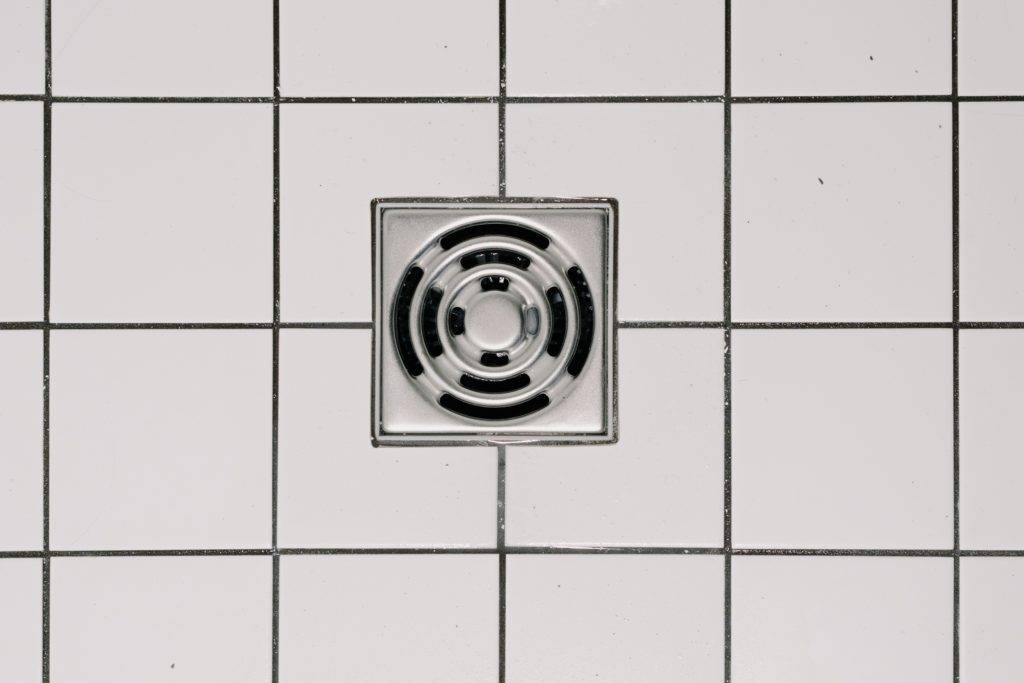
Photo by Ksenia Chernaya via Pexels
The Most Common Source Of the Smell—Water Traps
The most likely source of a sewer gas odor will be a water trap under the sink, with a problem arising if water has evaporated from the trap and dried out the trap.
Sink, toilet, shower, and tub drains all contain a 180-degree trap just below the surface drain, sometimes also known as p-traps or s-traps. The trap is designed to hold a small amount of water that prevents smells from the sewer or the septic tank from floating back into the home.
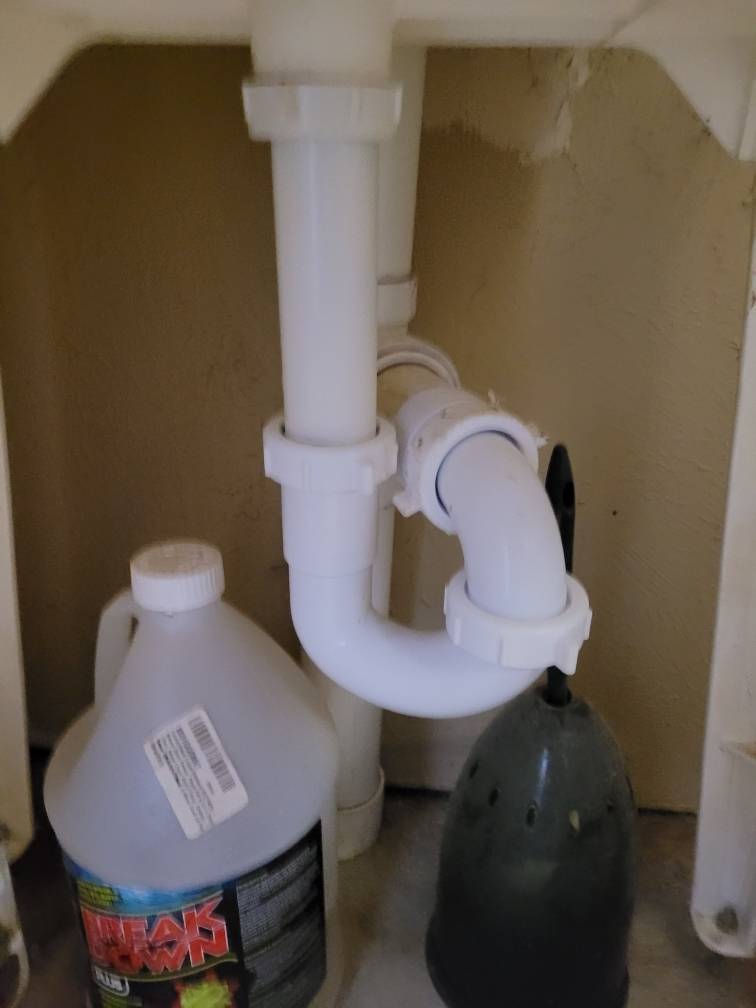
A water trap under a utility sink – Photo by Randy Tucker
If you live in an arid climate, you’ll get those sewer smells more often as the water inside a little-used sink, shower or toilet evaporates. When the water is gone, there is nothing to halt the smell from rising into the house.
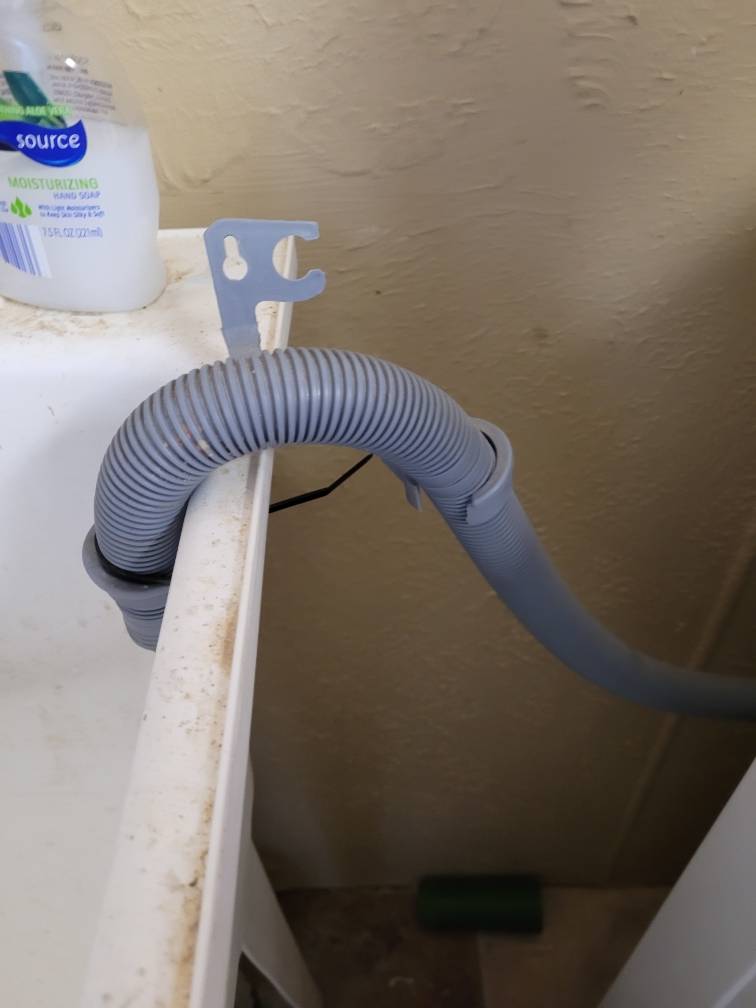
Washing machine hoses are designed with an odor trap – Photo by Randy Tucker
If you smell foul sewer gas, the first thing to do is to run water in every sink, shower, and tub in your home for a few seconds. This will recharge the trap. Flush the toilet as well, even a toilet that is used often needs to be flushed.
After running water through all the traps, open up your doors and windows for a few minutes and get the smell out of the house. After the smell is gone, seal the house back up by shutting those same doors and windows.
Wait a day or two and see if the smell comes back. If it doesn’t you’ve solved the problem. If the smell remains, it’s time to take a look at your sewer cleanouts in your basement floor or crawl space.
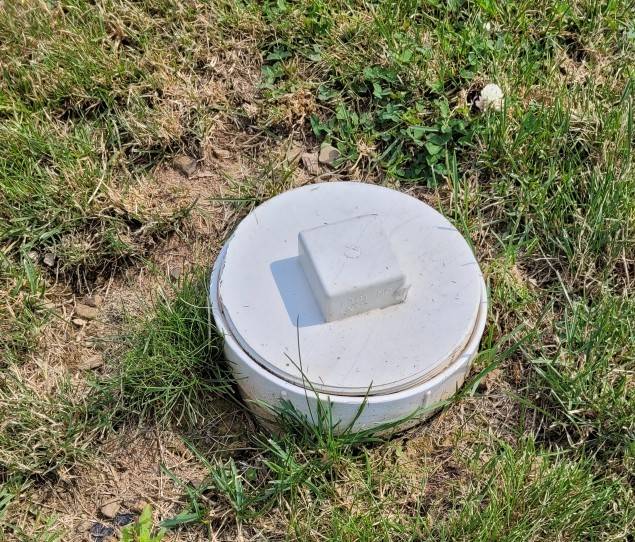
A style of sewer cleanout, this one is outside the home – Photo by Randy Tucker
Time to Check the Sewer Cleanouts
Sewer cleanouts are angled, capped openings in your sewer pipe that allow a rotary cleaning tool inside the drainpipe in the event of a clog. They’ll have either a screw-on top or a tight-fitting PVC cover. Locate your cleanouts and ensure that they’re securely attached. If they’re loose, you’ll have sewer gas leaking up from them. Repeat the procedure above with airing out then sealing up the house and wait to see if the smell is gone
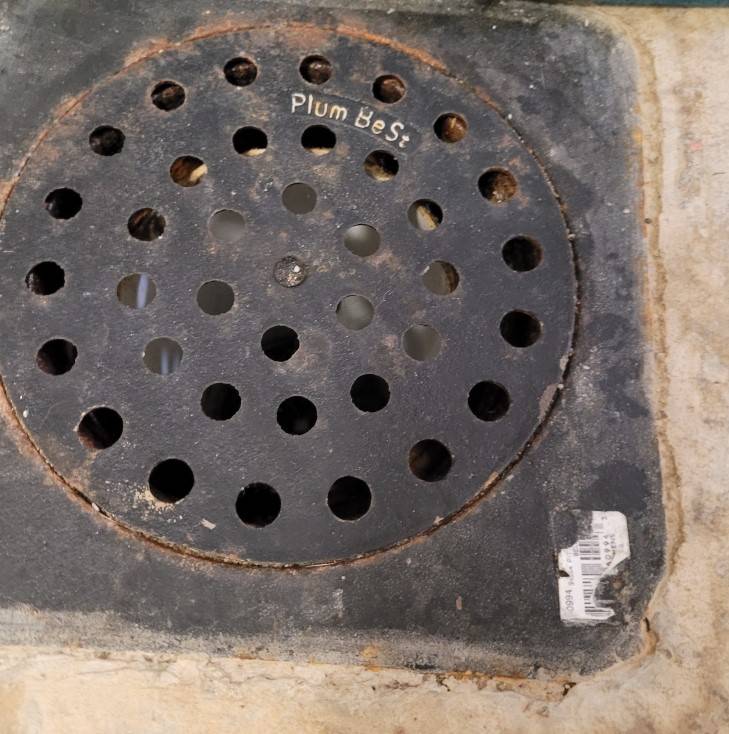
A cast iron sewer line cleanout – Photo by Randy Tucker
Moving on to Looking At the Wax Seals
If the smell remains it’s time to check the wax seal under your toilet. After a few years of use, the wax seal can break apart, dry up or just become squeezed to one side under the toilet, breaking the seal and allowing sewer gas to seep in under the toilet.
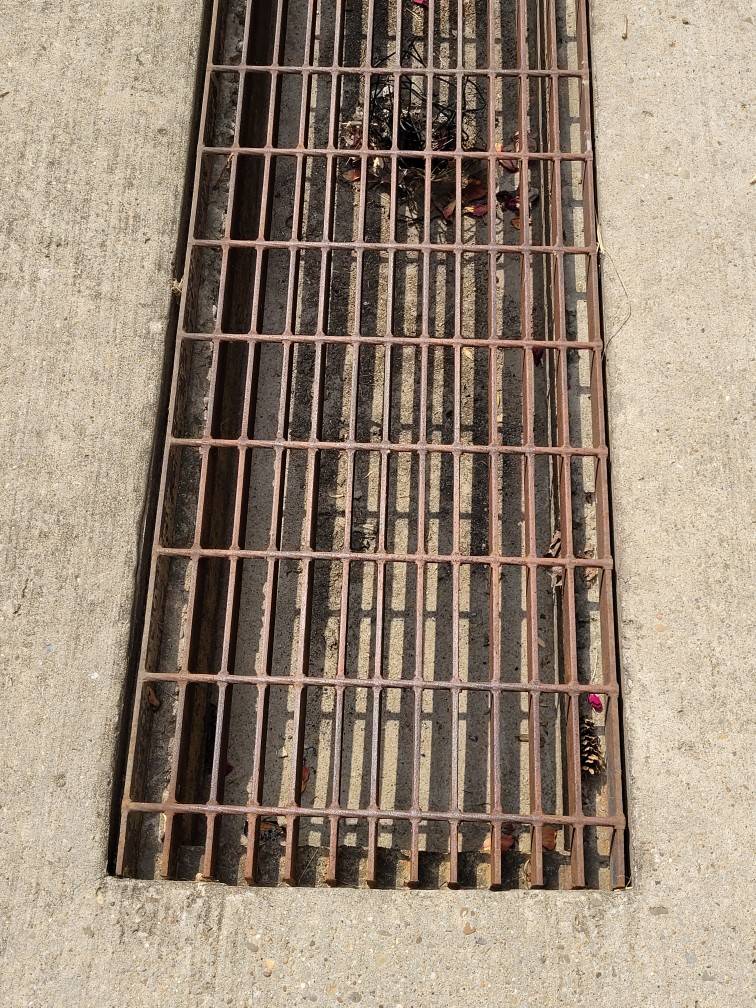
Grates are sometimes used as sewer cleanout access – Photo by Randy Tucker
This is a bit more complicated procedure and could require a plumber if you’re not up to the challenge. After the wax seal is replaced, air out the house again, seal it up and wait for the smell to return. No smell means problem solved! But if the smell is still there, it’s time to call in the big guns.
What If You Still Can’t Find The Source of the Smell?
If you’ve tried all of these options but the smell keeps persisting, you’re likely looking at a bigger issue and you’re going to need to call in a professional.
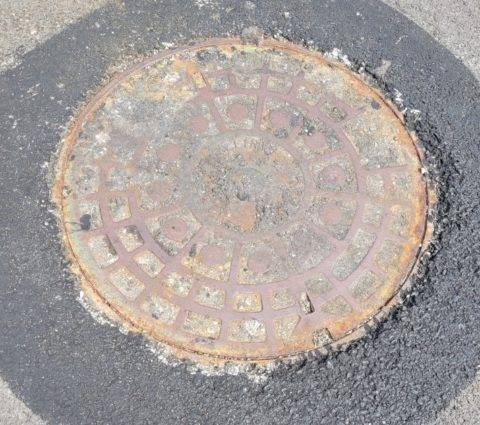
A municipal-owned sewer access – Photo by Randy Tucker
Something like a cracked or collapsing sewer line that is emanating gas through the earth under your home could be the source of the smell. Another possibility would be a loose connecting joint or pipe fitting buried behind a wall or in the ceiling. You would want to contact a plumber that specializes in hunting down potential leaks in order to find the cause of the sewer gas smell.

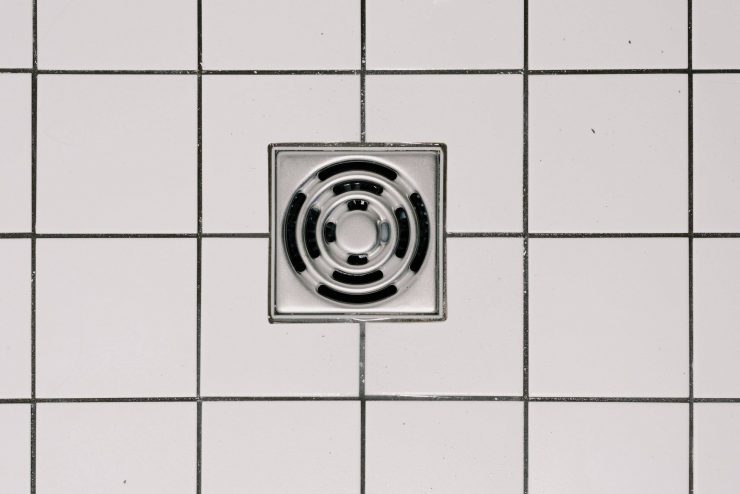







Add comment